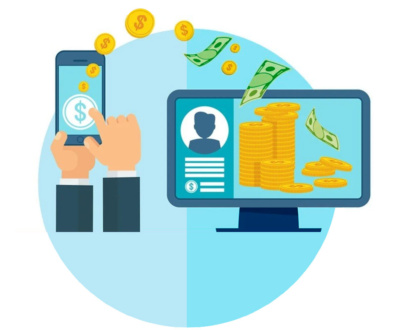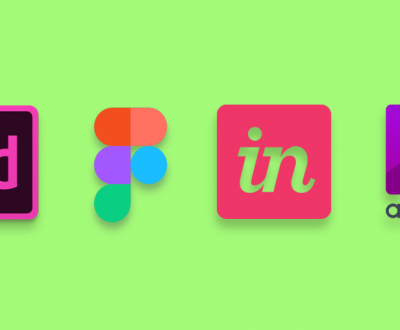Google’s Cookie Reversal: A Strategic Delay or Necessary Pause?
- July 24, 2024
- Online marketing
- Advertising, Cookie, Google

In a significant move that has garnered extensive attention, Google has once again postponed the phase-out of third-party cookies. This strategic decision raises questions about the underlying motives and the broader implications for advertisers, publishers, and the digital ecosystem at large. Let’s delve into the details of this decision and its potential impact.
The Background of Google’s Cookie Phase-Out
In January 2020, Google announced its ambitious plan to eliminate third-party cookies by 2022, a move aimed at enhancing user privacy. This announcement set off a flurry of activity among advertisers and publishers, all scrambling to find alternative solutions. However, as the deadline approached, Google pushed the phase-out to 2023, and now it has been delayed further to 2024.
Why the Delay?
Google cites the need for more time to develop and test privacy-preserving alternatives as the primary reason for the delay. The company is working on the Privacy Sandbox initiative, a suite of tools designed to protect user privacy while still enabling advertisers to deliver relevant ads. The additional time, Google argues, is crucial to ensure these new technologies are effective and widely adopted.
Industry Reactions: Relief and Frustration
The delay has elicited mixed reactions from the industry. On one hand, many advertisers and publishers have expressed relief. The extra time allows them to refine their strategies and explore alternative technologies without the immediate pressure of an impending deadline. On the other hand, some industry players are frustrated by the prolonged uncertainty and the ongoing reliance on third-party cookies.
The Privacy Sandbox: A Closer Look
The Privacy Sandbox is Google’s proposed solution to the privacy concerns associated with third-party cookies. It includes a variety of tools and APIs designed to facilitate targeted advertising without compromising user privacy. Key components include:
- Federated Learning of Cohorts (FLoC): This tool groups users with similar interests into cohorts, enabling advertisers to target ads to these groups without tracking individual users.
- TURTLEDOVE and FLEDGE: These proposals aim to enable interest-based advertising without revealing users’ browsing histories.
- Conversion Measurement: This API allows advertisers to measure the effectiveness of their campaigns while protecting user privacy.
The Competitive Landscape
Google’s delay also has significant implications for the competitive landscape. Competitors like Apple have taken a more aggressive stance on privacy, implementing features like App Tracking Transparency (ATT) that restrict the ability of apps to track users. This has put pressure on Google to balance its advertising business with the growing demand for privacy.
The Road Ahead: Preparing for a Cookie-Less Future
Despite the delay, the eventual elimination of third-party cookies is inevitable. Advertisers and publishers need to continue preparing for a future where these cookies are no longer available. Key strategies include:
- Investing in First-Party Data: Building and leveraging first-party data will become increasingly important. This data, collected directly from users, is not subject to the same privacy concerns as third-party data.
- Exploring Contextual Advertising: Contextual advertising, which targets ads based on the content of the page rather than user behavior, is a privacy-friendly alternative that can still deliver relevant ads.
- Testing New Technologies: Engaging with and testing new technologies from the Privacy Sandbox and other initiatives will be crucial in finding effective replacements for third-party cookies.
Google’s decision to delay the phase-out of third-party cookies is a complex one, balancing the need for effective advertising solutions with growing privacy concerns. While the delay provides much-needed time for the industry to adapt, it also prolongs the uncertainty. As we move towards a cookie-less future, continued innovation and adaptation will be key to navigating this evolving landscape.
Ultimately, whether this delay is seen as a strategic snooze button or a necessary pause will depend on the effectiveness of the solutions that emerge from the Privacy Sandbox and the broader industry efforts to prioritize user privacy without sacrificing the efficacy of digital advertising.
About us and this blog
Our digital agency takes a holistic approach to web development and design, SEO and analytics to ensure your digital content is working hard for your business!
More from our blog
See all postsRecent Posts
- Google’s Cookie Reversal: A Strategic Delay or Necessary Pause? July 24, 2024
- The power of user-generated content May 15, 2023
- The Evolution of User-Generated Content April 6, 2023









